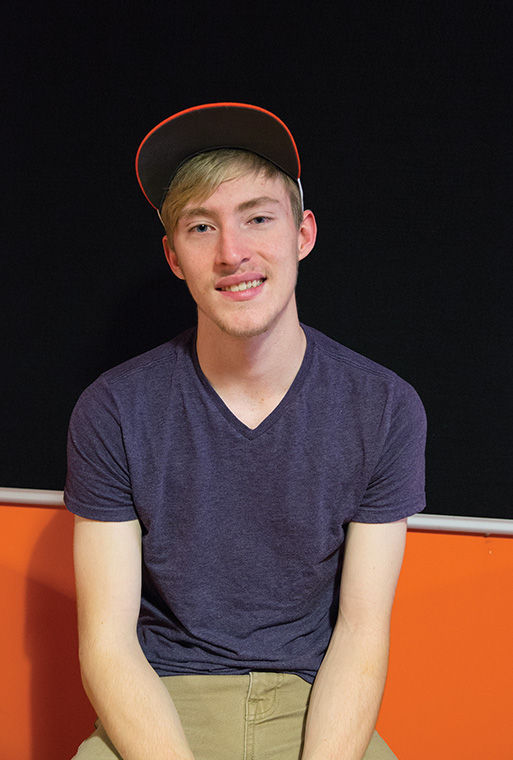Featured Athlete: Tom Ferstch
Tom Fertsch
December 1, 2014
Tom Fertsch picked up a guitar in fifth grade and never looked back. Nearly a decade later, Fertsch, a sophomore music major, spends his days mastering his craft.
This year, Fertsch decided to take on a new challenge: baseball. Fertsch is an outfielder for the Renegades baseball team in his first year ever playing the sport. He refers to himself as a utility player—he plays all three outfield positions depending on where he is needed. Fertsch was born in Boston, and grew up just outside the city in Woburn, Massachusetts, went to boarding school during his formative years in New Hampshire and decided to attend Columbia in search of something new.
The Chronicle spoke with Fertsch about his life in music, career goals and the learning curve that comes with playing a new sport.
THE CHRONICLE: Why did you choose Columbia instead of closer to home?
TOM FERTSCH: I’m obviously big into music; that’s my major. [Music] is what I’ve wanted to do since I was a little kid. The opportunity came knocking—I wasn’t super serious about college originally. My music teacher recommended Columbia as a school that I should really look at, and I flew out here and I fell in love.
What instrument are you best with?
TF: My best instrument is my guitar. My specialty is acoustic fingerstyle. I do like tapping [when I play] and all sorts of neat stuff. That’s really fun—I developed that recently.
What are your post-graduation plans?
TF: That’s the question of the hour. On the one hand, I love doing solo guitar stuff. I actually live in San Diego now with my family. We just moved there. Out there, I get to do shows and everything with my guitar, which is awesome, but I’m a composition major, so obviously I want to be able to write my music. I actually want to do film scoring. That’s another reason why I picked Columbia—because they have a great film program. I’ve had a lot of opportunities with them.
Has it been hard to pick up baseball?
TF: The team is really good at managing [newcomers]. They work us in where we can, they fit us in where we can. I happen to be really fast, that’s one of my strong points. So even if I am not quite as good of a hitter or as good of a fielder as somebody else, they still find a way to put me in. We have this one kid on our team—he suffered a really bad knee injury, so they have me pinch run for him. I absolutely get out there and contribute.
What has been the hardest part of the learning curve for you?
TF: The surprising thing about baseball is it’s such a repetitive sport. It’s so slow. For somebody like me with the action-intense sport background, patience was honestly the hardest thing to learn.
What do you hope to take away from your time at Columbia?
TF: Independence. I want the ability to be able to do the things that I need to do without relying on anybody else. My whole life I’ve always had [that]. In Chicago there is nothing—nobody is going to wake you up to go to class. No one is going to make sure you do your homework and do the things you need to do [to be successful]. It’s a great opportunity to learn a lot about yourself, and I’m still doing that. Hopefully by the time that I graduate from here, I’ll have a better grasp on how to manage everything.








